803383
LC-SMCC (succinimidyl-4-(N-maleimidomethyl)cyclohexane-1-carboxy-(6-amidocaproate))
About This Item
Recommended Products
Assay
≥90%
Quality Level
form
powder
mol wt
447.48
reaction suitability
reagent type: cross-linking reagent
storage condition
desiccated
solubility
DMSO or DMF: soluble
functional group
NHS ester
maleimide
shipped in
ambient
storage temp.
2-8°C
SMILES string
O=C(CCC1=O)N1OC(CCCCCNC(C2CCC(CN3C(C=CC3=O)=O)CC2)=O)=O
InChI
1S/C22H29N3O7/c26-17-9-10-18(27)24(17)14-15-5-7-16(8-6-15)22(31)23-13-3-1-2-4-21(30)32-25-19(28)11-12-20(25)29/h9-10,15-16H,1-8,11-14H2,(H,23,31)
InChI key
IHVODYOQUSEYJJ-UHFFFAOYSA-N
General description
Features and Benefits
- Reactive groups: NHS ester and maleimide
- Reactive toward: amino and sulfhydryl groups
- Long-chain variety of SMCC
- High purity, crystalline reagent can be used to create high-purity maleimide-activated derivatives
- Non-cleavable
- Water-insoluble (dissolve first in DMF or DMSO)
- Cyclohexane bridge confers added stability to the maleimide group making LC-SMCC an ideal crosslinking agent for maleimide activation of proteins. Maleimide groups are stable for 64 hours in 0.1 M sodium phosphate buffer, pH 7 at 4°C.
Caution
Storage Class Code
11 - Combustible Solids
WGK
WGK 3
Flash Point(F)
Not applicable
Flash Point(C)
Not applicable
Regulatory Listings
Regulatory Listings are mainly provided for chemical products. Only limited information can be provided here for non-chemical products. No entry means none of the components are listed. It is the user’s obligation to ensure the safe and legal use of the product.
JAN Code
803383-50MG-PW:
803383-50MG:
Choose from one of the most recent versions:
Certificates of Analysis (COA)
Don't see the Right Version?
If you require a particular version, you can look up a specific certificate by the Lot or Batch number.
Already Own This Product?
Find documentation for the products that you have recently purchased in the Document Library.
Customers Also Viewed
Our team of scientists has experience in all areas of research including Life Science, Material Science, Chemical Synthesis, Chromatography, Analytical and many others.
Contact Technical Service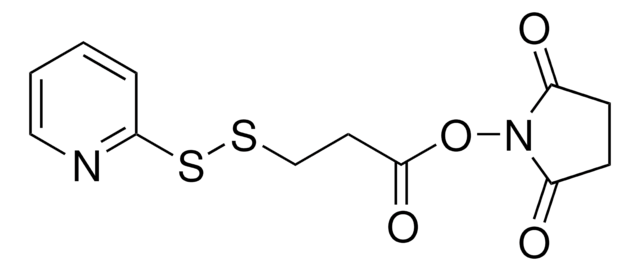
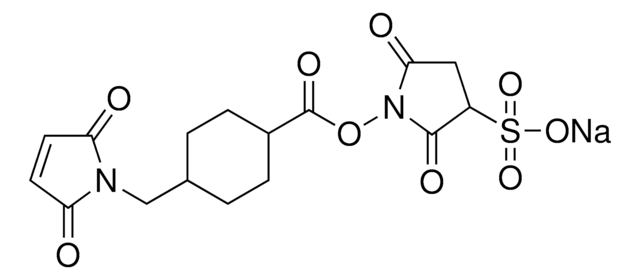
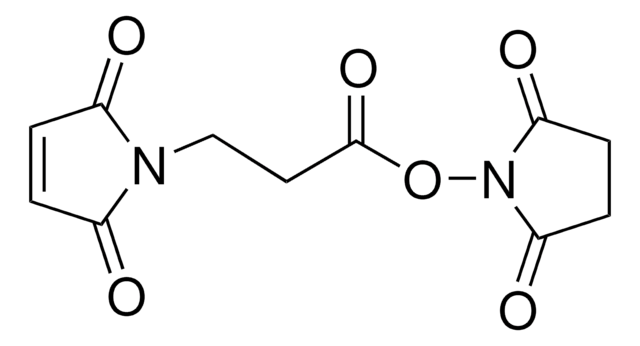
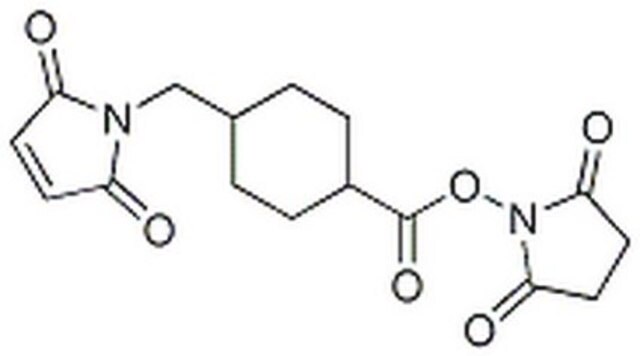

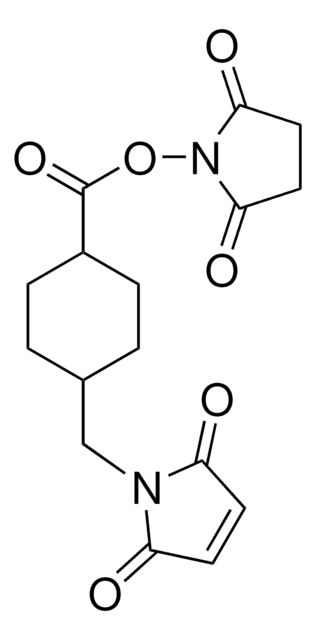
![LC-SPDP (succinimidyl 6-[3(2-pyridyldithio)propionamido]hexanoate)](/deepweb/assets/sigmaaldrich/product/structures/300/586/d95fd80c-e201-4b0b-8aee-31e109c2ff41/640/d95fd80c-e201-4b0b-8aee-31e109c2ff41.png)


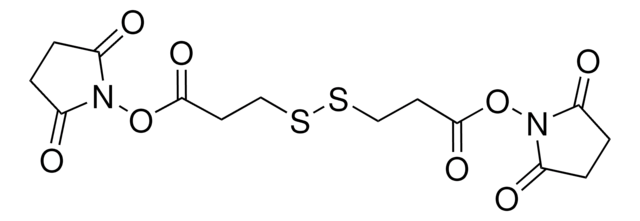
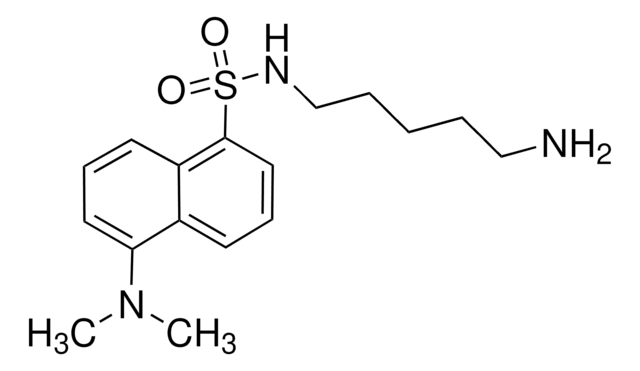




![O-[N-(6-Maleimidohexanoyl)aminoethyl]-O′-[3-(N-succinimidyloxy)-3-oxopropyl]polyethylene glycol 3,000 Mp 3,000](/deepweb/assets/sigmaaldrich/product/structures/296/558/8fba6773-c240-41a2-ac1d-15c2185ceddd/640/8fba6773-c240-41a2-ac1d-15c2185ceddd.png)